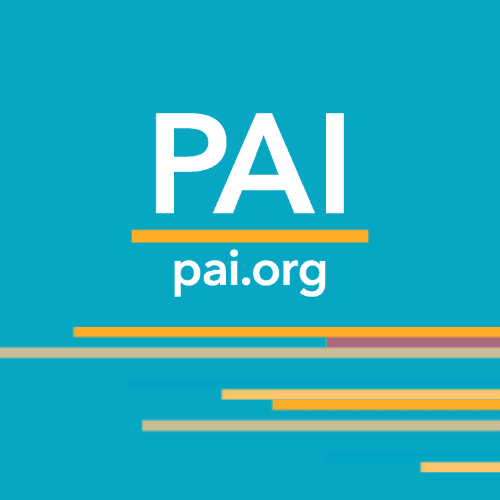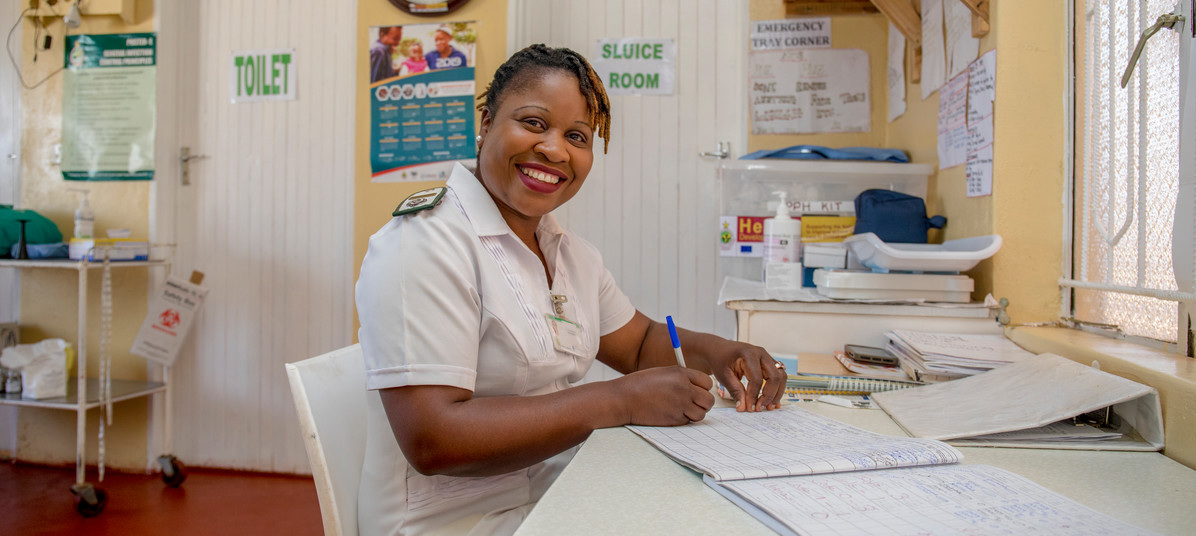Resilience Through Partnership: PAI’s 2025 Year in Review


With the spread of COVID-19, it is critical that women, girls, young people and other vulnerable groups continue to have access to sexual and reproductive health (SRH) care. Yet, SRHR and related services are already at risk around the world. The Guttmacher Institute has estimated that even a modest 10% decline of access to SRH care as a result of the pandemic could have devastating health outcomes for women and girls. The world has seen these differential SRHR impacts before during the Ebola crisis of the last decade. At that time, there was a rise in adolescent pregnancies and maternal mortality and morbidity, as well as gender-based violence.
These dangerous trends are re-emerging under COVID-19. Globally, we are witnessing a spike in gender-based violence caused by mobility constraints in quarantines and lockdowns. Additionally, PAI’s civil society partners in low- and middle-income countries (LMICs) are sharing how other government responses are affecting SRH services. In Senegal, they have observed government COVID-19 measures limiting access to SRH counseling and safe spaces for adolescents and youth, while in Côte d’Ivoire mobile SRH clinics are being shut down.
Understanding the implications of how this pandemic will affect SRHR, CSOs and local SRH coalitions have mobilized to mitigate impacts. Some organizations, like in Liberia, are using their past experiences with Ebola to hold their leaders accountable to prioritize SRH services this time around with COVID-19. In Tanzania, a group of CSOs from the SRH, HIV/AIDS, malaria and tuberculosis sectors are developing and coordinating their responses at the national and regional levels. In other LMIC countries, CSOs are reportedly coordinating amongst themselves at subnational levels to address the impacts of the pandemic on informal settlements, youth groups and other marginalized populations. Other groups are striving to simply ensure that SRHR activities continue where they can in areas not under lockdown.
Fortunately, governments in several countries are proactively bringing CSOs into their national health responses to the pandemic. Family planning and reproductive health coalitions are some of the most active health advocates, valued by governments as key allies in achieving improved health outcomes at the national level. Across sub-Saharan Africa, reports confirm these partnerships are continuing as government and civil society collaborate on COVID-19 health responses, which is critical to keep SRH services and rights on the agenda.
However, as CSOs in effect become crisis responders, they are often engaging outside their mandates and straining their resources. Some have taken up activities to identify COVID-19 symptoms within communities and link citizens to services. Others are organizing food donations and even developing hand sanitizers and masks. Where possible, they have had to adapt their work to respond to overwhelming domestic abuse caseloads. Meanwhile, they are also the human rights monitors in contexts where the government has responded to the crisis by using excessive force during lockdowns, which can unduly affect women in the informal sector who are primary breadwinners and cannot afford to stay home.
CSOs are defending SRHR during this emergency to ensure that achieved health and rights gains do not erode as a result of this pandemic and government measures. The work of SRHR CSOs has been instrumental for health sector reforms and gender equity and must be supported during the pandemic, particularly to continue to advocate for SRHR beyond this crisis. The donor community should ensure that local CSOs survive these difficult times to be effective partners to their governments and hold those governments accountable.
Read PAI’s brief, Mitigating COVID-19 Impacts on Sexual and Reproductive Health and Rights in Low- and Middle-income Countries: A Civil Society Call to Action.
Stay informed about the issues impacting sexual and reproductive health and rights.